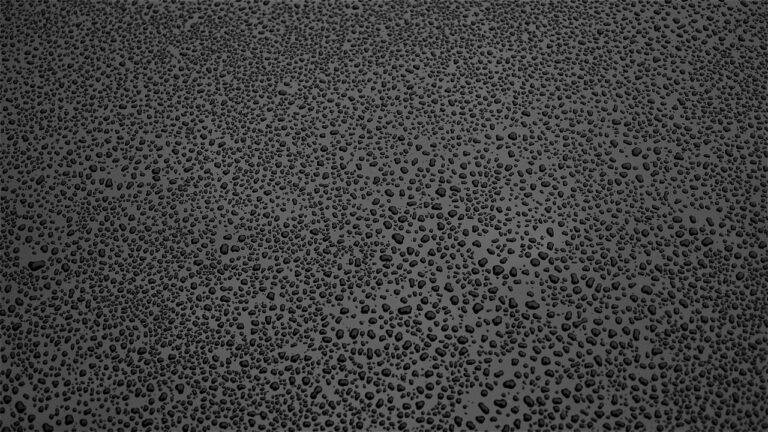Sustainable Home Insulation Options: Keeping Warm While Reducing Energy Use
When it comes to choosing the right insulation material for your home, there are several options available. One commonly used material is fiberglass, which is known for its affordability and effectiveness in reducing heat transfer. Another popular choice is cellulose insulation, made from recycled paper products and known for its environmentally friendly nature.
Foam insulation is another option that provides excellent thermal resistance and can be applied in hard-to-reach areas. Reflective insulation, made from aluminum foil, is designed to reflect heat and is often used in attics and other spaces that require high heat resistance. Each type of insulation material has its own unique features and benefits, so it’s important to consider your specific needs and budget when choosing the right option for your home.
Benefits of Proper Home Insulation
Proper home insulation helps in maintaining a comfortable indoor temperature throughout the year. By preventing heat from escaping during the colder months and blocking outside heat during the warmer months, insulation plays a crucial role in reducing energy consumption and lowering utility bills. This results in a more sustainable and cost-effective approach to managing the temperature inside your home.
In addition to temperature regulation, proper home insulation also enhances the overall comfort and well-being of the occupants. With insulation in place, there is less chance of drafts and cold spots, creating a more pleasant living environment. Furthermore, insulation helps in reducing noise transmission within the home, making it a quieter and more peaceful space to relax and unwind.
What are the common types of home insulation materials?
Common types of home insulation materials include fiberglass, cellulose, foam, and mineral wool.
What are the benefits of proper home insulation?
Proper home insulation can help reduce energy costs, improve indoor comfort, minimize noise, and increase the overall value of your home.
How can I determine if my home needs additional insulation?
You can conduct a home energy audit or consult with a professional insulation contractor to determine if your home needs additional insulation.
Will proper home insulation help with maintaining a consistent indoor temperature?
Yes, proper home insulation can help maintain a consistent indoor temperature by preventing heat loss in the winter and heat gain in the summer.
Can proper home insulation help reduce my carbon footprint?
Yes, proper home insulation can help reduce your carbon footprint by decreasing energy consumption and lowering greenhouse gas emissions associated with heating and cooling your home.
How long does home insulation typically last?
Home insulation can last for several decades if installed properly and maintained regularly. It may need to be replaced or upgraded after a certain period of time depending on the material used and overall condition.





